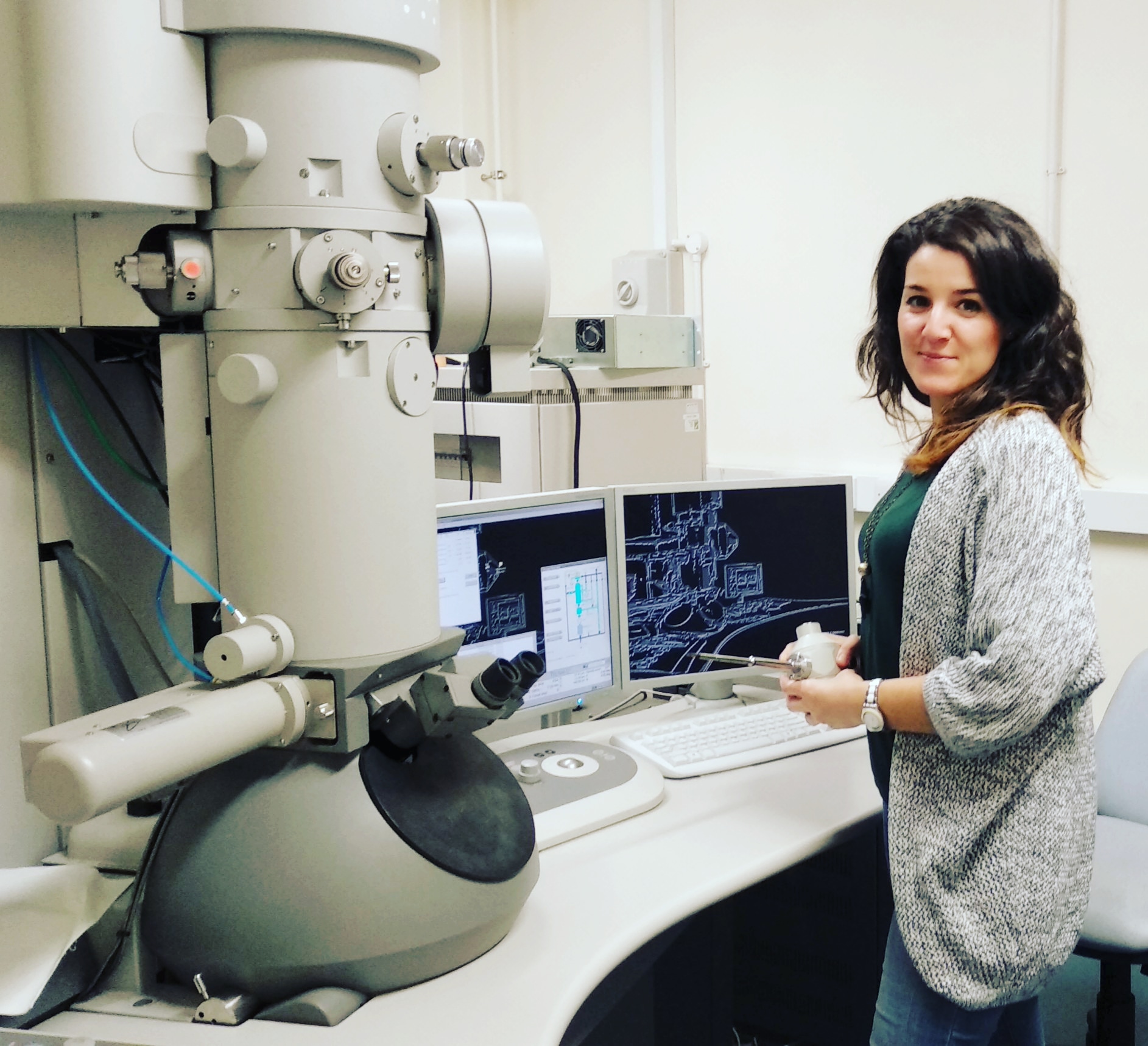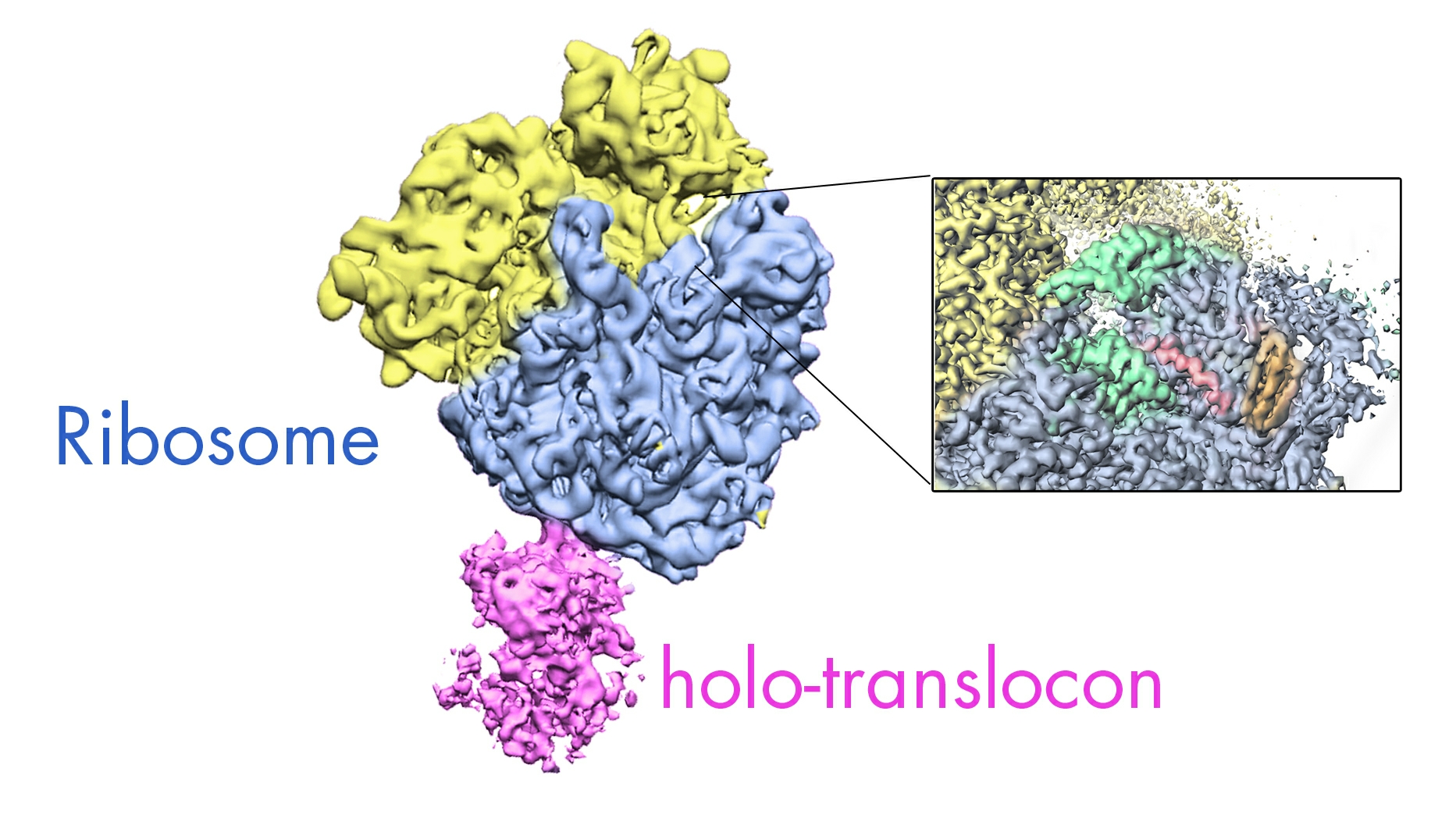Antibiotic resistance is an increasing problem. Since its widespread introduction towards the beginning of the 20th century, antibiotics have been the first line of defence against bacterial infection. But bacteria’s natural evolutionary processes, which can confer resistance to many – if not all – of the commonly used antibiotics, have been sped up substantially by antibiotics’ widespread use. Poor prescription practices, widespread use in livestock, misuse of treatment programmes and a lack of cheap and rapid diagnostics have all accelerated the process, so now antibiotic resistant bacterial infections have become a serious worldwide concern.
Dr Sara Alvira-de-Celis has used the Elizabeth Blackwell Institute Bridging Funds for Research Fellows scheme to continue her work which will help us to understand the way that bacteria generate and express proteins in their membranes – which is a critical avenue to explore for novel antibiotics with new mechanisms of action.
Dr Alvira-de-Celis is emphatic that completely new mechanism need to be uncovered, so that new treatments don’t become quickly superseded by the target bacteria’s evolutionary defenses. “Current research in to antibiotics still largely looks into modifications of existing antibiotic families”, she says. “It’s imperative that alternative approaches such as novel mechanisms, gene therapies, bacteriophages or vaccines are investigated to fight this health problem.”
Her own approach involves unravelling the basic processes that bacteria use for survival, so that we can use this information to generate novel antibiotics that work in different ways to the existing antibiotic families. Dr Alvira-de-Celis is identifying, to atomic resolution, the mechanisms which take proteins from one area of the cell to the cell membranes, and the changes they need to go through on the way - the ‘co-translational translocation pathway’. To do this, she is using state-of-the-art techniques, such as cryo-electron microscopy, both at the University of Bristol and in Oxford. The information she is generating could be used to develop drugs to disrupt these critical procedure within the bacteria, and thereby help the infected body’s immune system to kill them.
The Elizabeth Blackwell Institute funding enabled Dr Alvira-de-Celis to continue and her work understanding these mechanism, and to advance other aspects of her scientific career. She said, “The funding enabled me to be extremely productive. I could continue with my research project, to explore new research avenues, get involved in colleagues’ projects and train others in microscopy."
The funding also enabled Dr Alvira-de-Celis to spend time in Madrid, improving her computational expertise, to set up a workstation at Bristol for 3d reconstruction of the protein structures she’s been studying, and it enabled her to plan on two different research projects. One of these, involving protein quality control at the bacterial envelope, has been used as the basis for further fellowship applications and she’s also designing another one related to protein homeostasis.
A recent BBSRC grant awarded to Professor Ian Collinson including Dr Alvira-de-Celis’s work will fund further research on this topic for two researchers, including Dr Alvira-de-Celis, for the next three years – but she doesn’t only credit the EBI funding with assisting the scientific aspects of her career:

